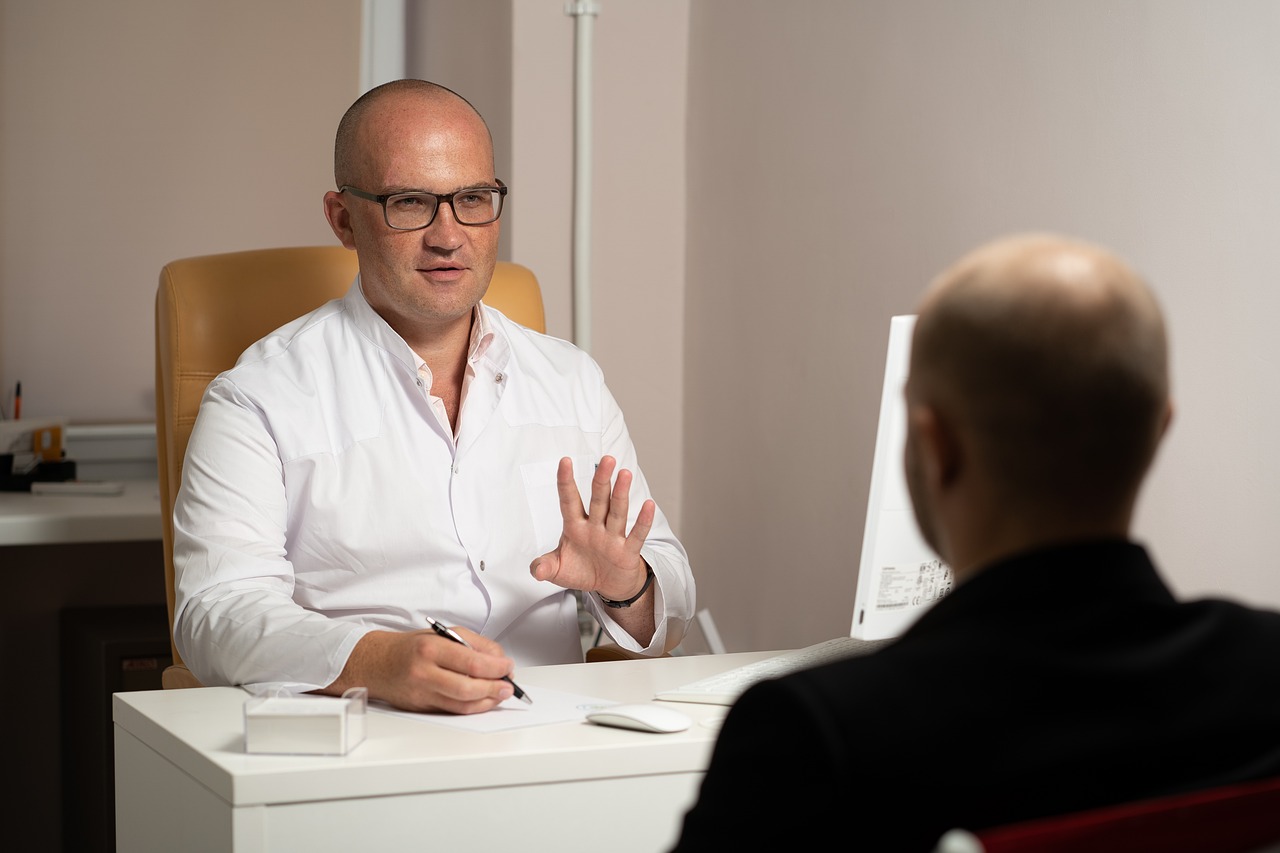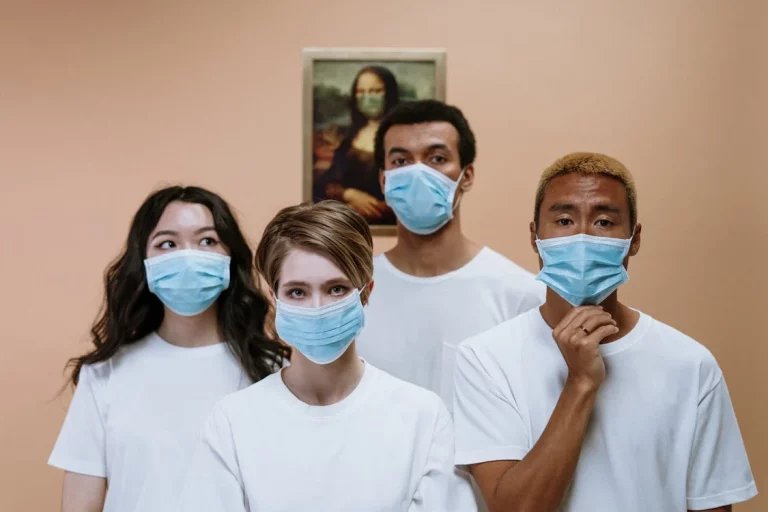Book Appointment Now

The Influence of Patient Education on Health Care: Insights from an Older Adult
The Influence of Patient Education on Health Care is profound, especially for older adults managing complex health needs. Patient education empowers individuals to understand their conditions, adhere to treatment plans, and access essential resources. Using an interview with a family member as the basis for discussion, the essay delves into common patient education challenges and suggests ways to improve the delivery of health information to older adults.
Get a custom paper help about Patient education on healthcare
Order Custom Nursing Paper
Patient Interview
The subject of this interview, my 70-year-old aunt, recently underwent surgery for a hip replacement. Her experiences with the healthcare system shed light on the importance of patient education and the challenges older adults often face.
Question 1: Did a patient education representative give you instructions on how to care for yourself after your illness or operation?
“Yes, before I was discharged, the nurse went over some instructions on how to care for my incision and when to return for a follow-up appointment. She also gave me a booklet with instructions about exercises and signs of infection to watch for. It was helpful, but a bit overwhelming at the time. I had to read the booklet later to fully understand everything.”
Question 2: Did a health care professional, pharmacist, nurse, doctor, or elder counselor advise you on your medication, diet, or exercise?
“The hospital pharmacist explained the medications I was prescribed, including the painkillers and blood thinners, but it was rushed. My doctor mentioned that I should avoid foods high in vitamin K because of the blood thinner, but I didn’t fully understand why until I researched it online. A nurse also told me to start light exercises at home, but I had to rely on my physical therapist for more detailed guidance.”
Question 3: Who assisted you at home after your illness or operation?
“My daughter stayed with me for a week after I came home. She helped me with meals, getting around the house, and reminding me to take my medications. After that, I had to manage most things on my own, which was challenging since I live alone. My physical therapist also came by twice a week to guide me through exercises.”
Question 4: Do you know of any assistance services, i.e., food, transportation, medication, that would help you stay in your home as you get older?
“I didn’t know much about these services before my surgery, but a social worker at the hospital gave me a list of resources. She mentioned Meals on Wheels for food delivery and a local agency that provides transportation to doctor’s appointments. I haven’t used them yet, but I might if I need more help in the future.”
The Role of Patient Education in Health Care
Patient education influences healthcare by equipping individuals with the knowledge and skills needed to manage their conditions effectively. For older adults, this education is especially critical as they often have multiple chronic conditions and face challenges related to mobility, cognition, and social isolation.
In my aunt’s case, the instructions provided by healthcare professionals played a significant role in her recovery. The information about wound care, medications, and exercises helped her avoid complications and regain mobility. However, her experience also highlighted common issues, such as the overwhelming nature of information provided during discharge and the need for follow-up to reinforce key points.
Challenges in Patient Education for Older Adults
Older adults face unique barriers to understanding and applying health information:
- Information Overload
As my aunt noted, receiving a large amount of information during discharge can be overwhelming. Older adults may need more time to process and retain instructions, especially if they are recovering from surgery or illness. - Health Literacy
Limited health literacy is a common issue among older adults, making it difficult to understand medical terminology and complex instructions (Institute of Medicine, 2004). For example, my aunt’s initial confusion about dietary restrictions related to her blood thinner illustrates the need for clearer explanations. - Accessibility of Resources
Many older adults are unaware of community resources or lack the means to access them. While my aunt received a list of assistance services, she was unsure about how to initiate contact or determine eligibility. - Social Support
Effective patient education often relies on the involvement of family members or caregivers. In my aunt’s case, her daughter’s support was invaluable, but not all older adults have access to such assistance.
Improving Patient Education for Older Adults
To address these challenges, healthcare providers should adopt tailored strategies for educating older patients:
- Simplified Communication
Using plain language, visual aids, and hands-on demonstrations can enhance understanding. For instance, a nurse might demonstrate how to perform a physical therapy exercise rather than relying solely on written instructions. - Reinforcement of Key Information
Providing follow-up calls or home visits to review instructions can ensure that patients retain and apply the information effectively. - Involving Caregivers
Engaging family members or caregivers in the education process can enhance adherence to care plans. In my aunt’s case, involving her daughter helped ensure that post-surgical instructions were followed correctly. - Connecting Patients with Resources
Healthcare providers should actively connect older adults with community resources, such as transportation services, meal programs, or home health aides. Offering assistance with enrollment can also reduce barriers to access.
The Broader Impact of Patient Education
Effective patient education contributes to better health outcomes, reduced hospital readmissions, and greater patient satisfaction. By empowering patients to take an active role in their care, education fosters independence and confidence.
In the case of older adults, education is particularly important for promoting aging in place. By providing the knowledge and tools needed to manage chronic conditions, healthcare providers enable older patients to maintain their health and independence. This reduces the burden on long-term care facilities and improves quality of life.
Conclusion
Patient education is a cornerstone of effective healthcare, particularly for older adults. My aunt’s experience highlights the positive impact of education while also underscoring the need for improvements in communication and resource accessibility. By simplifying instructions, involving caregivers, and connecting patients with community resources, healthcare providers can ensure that older adults receive the support they need to manage their health. Effective patient education not only enhances individual outcomes but also contributes to a more equitable and efficient healthcare system.
References
Institute of Medicine. (2004). Health literacy: A prescription to end confusion. National Academies Press.
World Health Organization. (2017). Framework on integrated, people-centred health services. Retrieved from https://www.who.int
Betancourt, J. R., Green, A. R., Carrillo, J. E., & Owusu Ananeh-Firempong, O. (2016). Cultural competence in health care: Emerging frameworks. Public Health Reports, 118(4), 293-302. https://doi.org/10.1093/phr/118.4.293
Also read:
- HLT 306V Topic 4 Assignment Older Adults Patient Education Issues Essay and Interview
- Patient Education Technology : Guide To Mobile Health Application
- Role of the Advanced Practice Nurse in Patient Education







